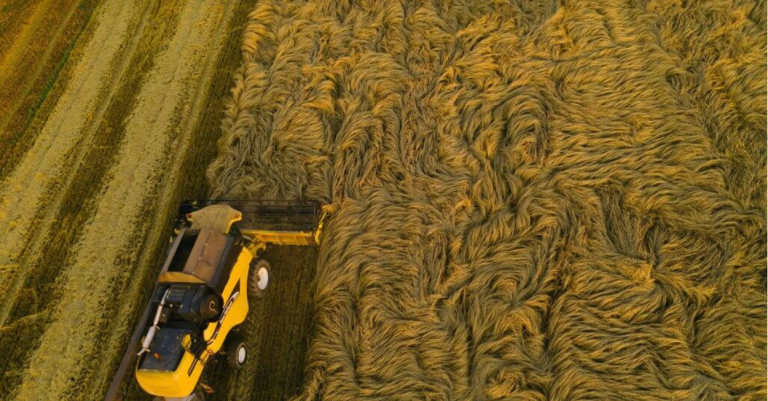The functional food will be created in cooperation with the company Pro-Bio, one of the largest producers of organic food in the Czech Republic. Photo credit: MENDELU.
Brno, Apr 13 (BD) – Scientists from the Faculty of Agriculture at Mendel University are carrying out tests on a closed farming cycle. In cooperation with a Czech producer of organic food, the experts are developing a new functional food. They plan to turn the waste from the production into a soil substrate and part of the feed for pigs or poultry, thereby returning nutrients to the environment.
“We would like to help change people’s thinking. We want to offer farmers a simple and affordable farming model that they could be inspired by,” said Sylvie Skaličková, head of the project, from the faculty’s Institute of Animal Nutrition and Fodder Farming.
The functional food will be created in cooperation with the company Pro-Bio, one of the largest producers of organic food in the Czech Republic. The company farms ecologically on more than 350 hectares of land in Velké Hostěrádky, near Břeclav.
“The food includes pastries, various snacks, porridge and granola,” explained Skaličková. “We will try different cereals and legumes. The basis can be organic buckwheat, barley, rye, peas or lentils.
The fermentation process is supposed to ensure the nutritional enrichment of the final product. “For us, it is a key part of production to create, with the help of microorganisms, a raw material that will have a greater representation of proteins or minerals from a common raw material,” said Skaličková. “At the same time, thanks to fermentation, these nutrients will be better absorbed by the body.”
All of Pro-Bio’s produce is certified as organic. Mill waste from the processing of cereals and pulses can therefore be safely transformed by scientists into feed for farm animals or returned to the soil as a source of nutrients.
Currently, up to a third of the total amount of raw material ends up as waste during the mill processing.
“We are concerned with how to reuse it. Not every raw material will be suitable for feed or as a substrate for the return of nutrients to the soil,” said Skaličková.
In the case of feed for pigs or poultry, the main goal is to ensure that the nutrients from the waste are well digestible for the animals. “Mill waste is currently being fed to animals. It is not just being thrown away. But the problem is that it is mostly made up of fibre, which is only digested to a limited extent when passing through the digestive system,” explained Skaličková.
Experts will therefore try to modify the fibre with the help of microorganisms, so that it is converted into proteins and the waste would thus become a protein component of feed. “The farmer would then not have to feed so much soy, for example, which is a common protein feed, but which leaves a relatively significant carbon footprint,” she added.
The unused remainder of the raw materials could subsequently be directed to ecologically managed fields. “Even with compost, it takes time for the fibre to break down. Our vision is to do it in a somewhat controlled manner and speed up the decomposition process,” said Skaličková. Scientists want to combine the resulting substrate with microorganisms that improve the root system and the overall condition of cultivated plants, and in this way return nutrients to the soil and also improve the yield of crops.






